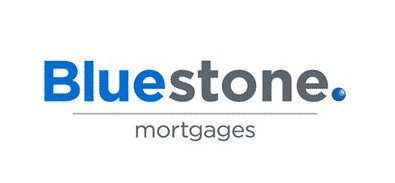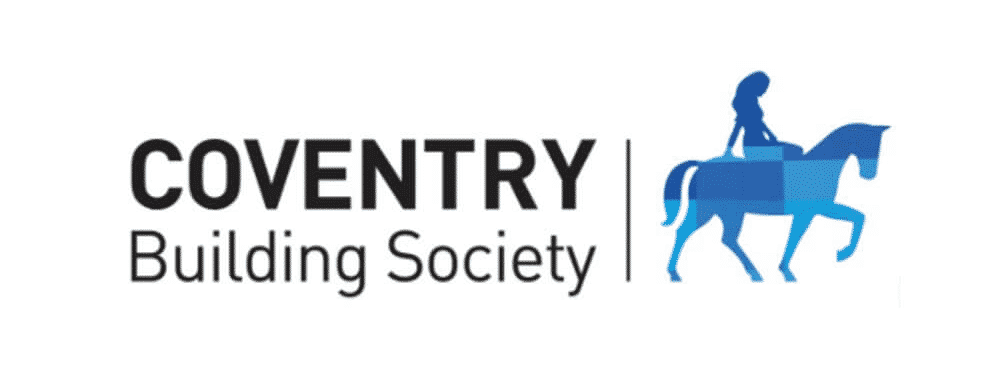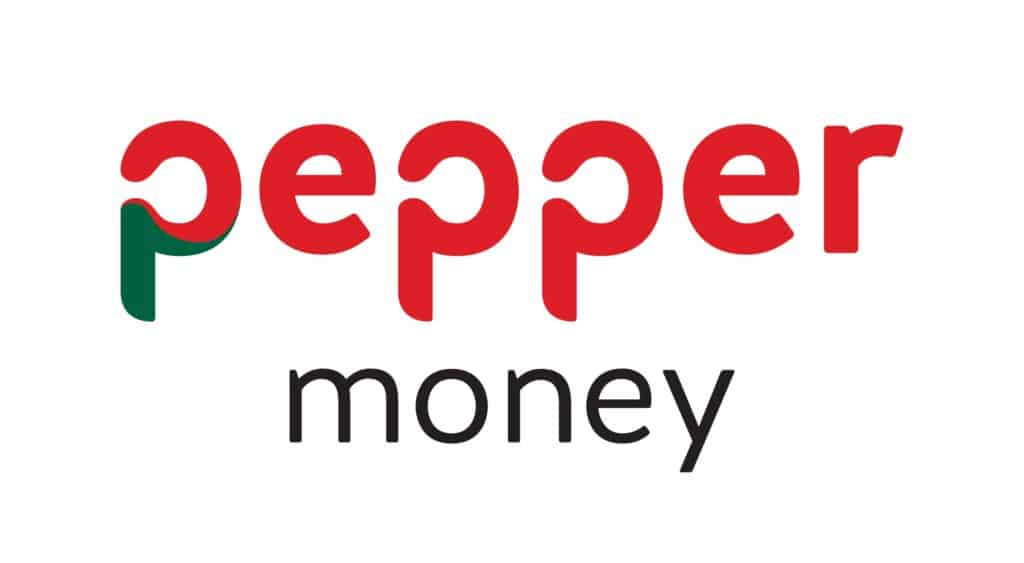Expert Mortgage Advice & Variable Rate Mortgage Deals For You
Let us put you in touch with expert mortgage advisors who will help advise you on your options when it comes to variable rate mortgages.
Expert service
Highly Rated
No credit search conducted
Working with leading lenders ...
We work with high street and other lenders so you’ll get access to suitable deals that you may be able to apply for.






Why use us?
From the information you provide to us, our experts will search the market and find the most suitable products for you. If you are happy with the product on offer, we will handle all the necessary paperwork for you, including any relevant applications, to ensure that everything runs smoothly for you.
Quick service
From just a few minutes completing some basic information, we will quickly search for suitable financial products for you.
Expert advice
We’ve helped thousands of customers secure financial products and service so you know that you are in capable hands.
Reduced stress & time saving
Choosing the right financial product is time consuming and can be stressful, so remove much of this by putting it in the hands of one of our financial experts.
Reliable service
Whatever type of financial product or service you are looking for, our service is reliable and always matched to your own personal circumstances.
Satisfaction guaranteed
Whether you’re looking for Mortgage Advice, Loan Advice or Insurance Advice or any other financial product or service, we can help you…
“Did a great job helping us with our mortgage. I would recommend!”


So ... how can we help?
Buying a financial product such as a mortgage can be the biggest decision made in our lives. It is for this reason that impartial advice is critical from qualified advisors.
What is a variable rate mortgage?
A variable rate mortgage (also called an adjustable-rate mortgage) is a mortgage rate that can change over time, meaning it can decrease or increase depending on wider economic circumstances. So, it is advisable to have some savings set aside so you can afford an increase in payments if rates do rise.
Due to the extra risk of rates increasing, lenders will often offer lower variable rates than fixed rates. There are three subtypes of variable rate mortgages you should know about as they can provide people who are more risk-averse with another option aside from a fixed rate deal.
Tracker mortgages
This type of mortgage comes with a rate that increases and decreases in line with changes to the Bank of England base rate (so it tracks this external rate), meaning that your payments can fluctuate based on a measure that could be a bit easier to predict than lender’s internal decisions. If you think the base rate is due to go down in the next year or so a tracker mortgage could be a good choice. However, if you are interested in a tracker mortgage with a longer term the base rate will become increasingly harder to predict so it is worth considering all the benefits and risks when deciding on a tracker mortgage.
Standard variable rate mortgage
The majority of providers offer a standard variable rate (SVR). The fees associated with taking out, or remortgaging from, an SVR mortgage are often quite low. This is because a lot of them have low set up costs and no early repayment charges. Unlike a tracker mortgage an SVR is set up by each individual lender, so your rate can increase or decrease at any time.
The SVR is typically the rate your lender will provide when your initial mortgage deal ends, when it comes to both fixed and variable rate deals. Therefore, these deals will usually have higher interest rates than most other mortgage types on the market.
Discounted variable rate mortgage
Discounted variable rate mortgages are another form of variable rate mortgage. In this case the lender offers a discount on a certain rate, commonly the lender’s SVR, in the form of an introductory term. For example, a lender offering a 2% discount on its SVR of 4.5% would charge 2.5% to the borrower. An advantage of discount variable rate mortgages is if interest rates are cut then your rate will probably drop too.

What is the longest variable/tracker rate available?
Both discounted variable rate and tracker rate deals can range from two years up to the entire lifetime of the mortgage. This is because the end of the overall term could be as much as 30 years away, however, there is a greater likelihood that the interest rate will increase over time. So, the product could end up considerably more costly than remortgaging over several short-term deals. You should think carefully and do some calculations before committing to a variable for term deal, and ensure you have the option to remortgage penalty-free if you change your mind.

What is a capped deal?
A capped deal is a variable rate, a discount or tracker mortgage which has an upper limit. So, the rate has a guaranteed ceiling it cannot exceed no matter what the tracked rate rises to. Capped deals tend to be offered most often and are most popular when people are nervous that interest rates could soar. The rate you pay moves in line with the base rate or SVR, but there is an upper cap which offers you some protection. Capped deals used to be more common but now they are fairly rare, so the question of whether you can get one or not might not even come up.

Our approach - and how we do it
Enquire
We love speaking with our clients. Either give us a call or fill in one of our contact forms. Remember, we love a challenge!

Discuss
One of our Advisors will then find out what you’re looking to do, discuss your options and answer any questions you may have.

Relax
Your Advisor will find the best option for you and help arrange things. You then sit back and relax while we do the rest.
Ready to assist you.
Choosing a financial product or service, such as a mortgage, remortgage, loan or insurance can be daunting and your choice is a decision you need to get right. For this reason, it is vital that you get impartial advice from competent and qualified advisors. Whether you are a first-time buyer, looking to remortgage, hoping to remortgage or even buy a property to let, needing a loan or insurance this is where our advisers excel.
Be reassured that our aim is to guarantee reliable financial advice appropriate to any individual that makes contact with us. Through our network of contacts, we have access to thousands of financial products, from mortgages to loans to insurance, so we are confident that we’ll find one to suit you.
What are the pros and cons of a variable rate mortgage?
The main benefit of a variable rate mortgage is the possibility that you can end up with a low rate and a low monthly repayment. Also, because you are taking on the risk that the interest rate may rise in the future your lender will reward you with an initial lower rate.
The downside of an adjustable-rate mortgage (ARM) is interest rates could rise dramatically, meaning your monthly repayments could drastically increase or even become unaffordable. Theoretically, interest rates are influenced by supply and demand. The higher the demand for credit the higher interest rates will be and the same the other way round. However, this is only a small part of the overall picture and it is difficult to predict their behaviour with complete accuracy.
Should you choose a variable or fixed rate mortgage?
There is no definitive answer to this question as it really depends on your personal circumstances and your overall attitude to risk. If you are concerned about the stability of your financial situation, you are lacking experience, or you are just the type of person that would rather know exactly how much they are in for each month, a fixed rate mortgage could be the choice for you.
However, a fixed rate mortgage can still be a bit of a gamble. Interest rates might go down, meaning you could end up paying more interest than you would have if you had chosen an ARM mortgage. The Bank of England’s base rate is at record lows currently. With this in mind and provided that you are financially stable and comfortable with the risk that rates could rise, an adjustable-rate mortgage might be the better option.
In any case it is difficult to predict what will happen in the future with complete certainty. A mortgage is a long-term commitment and just because variable rates are low today that does not mean they will still be at these levels in 5 or 10 years down the line. If you need any further advice and guidance on variable rate or any other type of mortgage contact Finance Advice Centre today. Our specialist advisers can help you find suitable mortgage options for you to suit your personal situation.
As a mortgage is secured against your property, it may be repossessed if you do not keep up the mortgage repayments.
See what our customers think ...


Emma Griffiths
I would highly recommend the mortgage advice service Alice Hale was amazing throughout she is a credit to your organisation and helped us secure our dream home
Emma Weaver
We had a long journey buying our first home together and recent pandemic events didn’t help matters. Every step of the way, our advisor Steve was supportive, positive and we had every confidence in him. He was able to arrange a good deal for us and we were able to move into our dream house this autumn.
Joanne Widdowson
I used George from the finance advice centre to get my mortgage, and he was nothing but amazing! Talked me through every step, always easy to get hold of ! And got me a brilliant product I would highly recommend him, just brilliant 5 stars from me
What a Fantastic Service from start to finish. Great customer support from Ben Patten & Joe Frayne, superb product knowledge and exceptionally responsive to emails/calls, we can 100% recommend the Finance Advice Centre Ltd , they got us a great deal on a mortgage with suited life insurance, especially during this very difficult Covid 19 time ……
From start to finish, Greig and Emily were very helpful with our mortgage application. The advice Greig gave us was very clear and informed. They were always available either by phone or email to answer any questions we had. The whole process was made a lot easier because of the work they did. Would thoroughly recommend
Let us do the work of finding your mortgage
We’ll put you in touch with impartial advice from an expert mortgage advisor who will help secure you the best mortgage deals available.